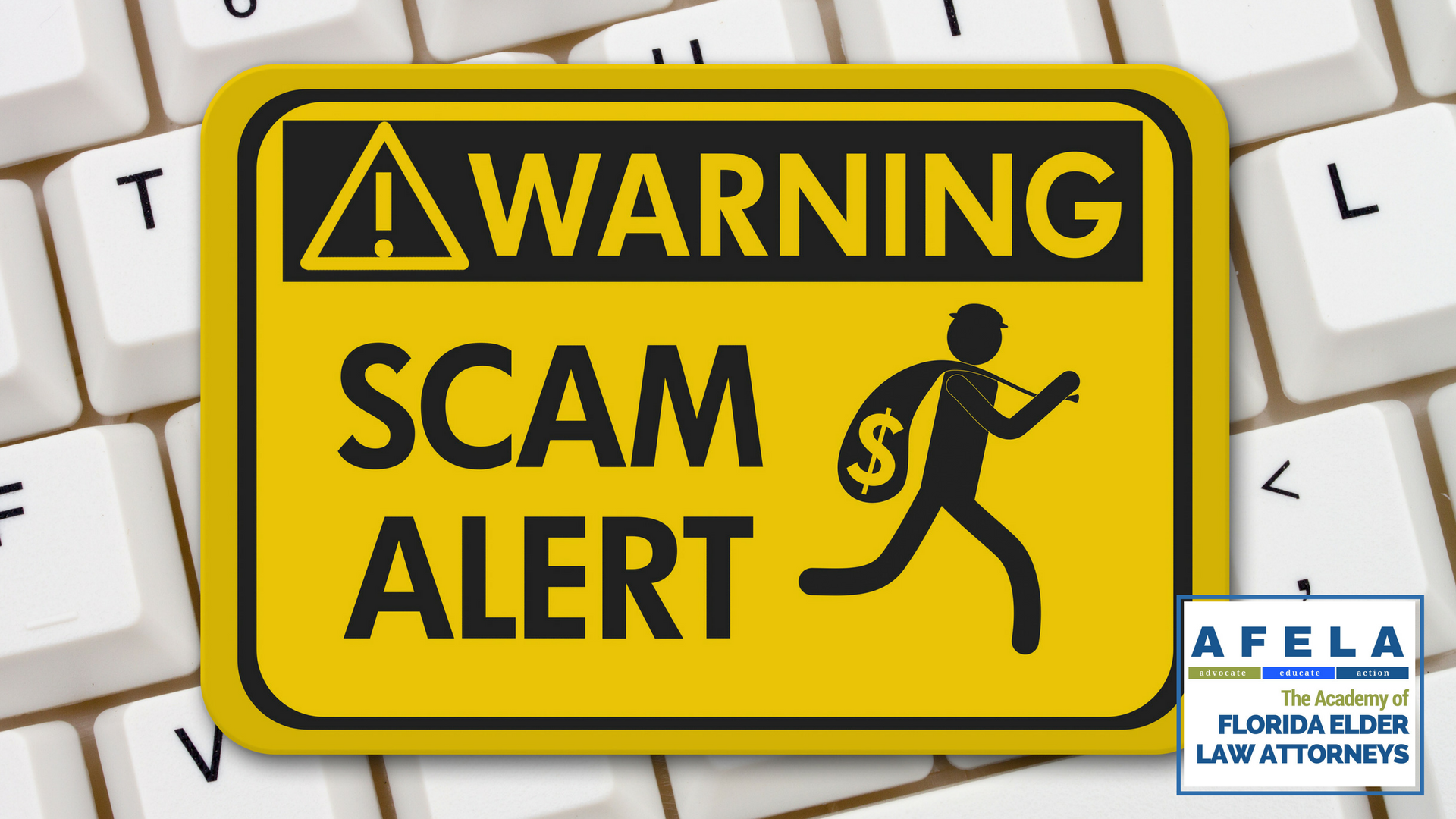
Written by Mike Jorgenson
Reviewed by John Clardy
I was recently targeted by a scam that could not only have caused our firm significant financial losses, but personal ethical and professional issues for myself as well. Many of you may be aware of this scam, but it is worth mentioning again because it is still being circulated. I call it the Attorney Trust Account scam.
Three weeks ago, I was contacted by an alleged company in Idaho who needed an escrow agent to hold money while they inspected the purchase of business machinery in Jacksonville. They asked if our firm would act as escrow agent during the inspection period. It initially seemed legitimate as I looked up the business and the business was a legitimate business in northern Idaho. Being licensed as an attorney in both Idaho and in Florida, I thought maybe that is why they asked me to act as escrow agent.
I emailed them an escrow agent agreement which allegedly the buyer and the seller signed. On Monday I received a check for $244,000. I placed that check into my attorney trust account. At this point, everything seemed normal and above board.
I received two red flags immediately after making the deposit that caused me to become much more suspicious.
The first red flag is that I made the deposit on Monday and received a fax on Tuesday asking me to wire the money to the purchaser that day. Having represented banks in the past, I knew that it was possible that the check that I deposited would not be honored. Hence, I told the alleged buyer I would have to wait until the funds cleared until I would release any funds.
The second red flag I received was from a text I received from the potential buyer.
It said “Kindly tell me the status of this.” I’ve never known any of my former Idaho colleagues to ever use the word in that way. Ironically, we had a person with an intellectual law enforcement background presenting a lecture to our firm. During the presentation, I asked him if he would run the buyer’s number through their databases and found it was a “spoof.” A spoof is a number that looks like it is calling from and legitimate area code, like Idaho, when in reality the number is not from Idaho, or even in the United States.
Once I learned that the number was spoofed I contacted the bank where my ITOA account is located. The Bank was also immediately suspicious and asked questions about the check I deposited. Apparently, the bank could not substantiate the check but alerted me that it was an altered check. Now I was facing potential charges for depositing a fraudulent check. I am hoping that the report I filed with the bank to let them know that I was not participating in a fraud will be sufficient.
Unfortunately, some of our colleagues have fallen for this scam and ended up having to make up the bad funds, and potentially answer to the Bar.








